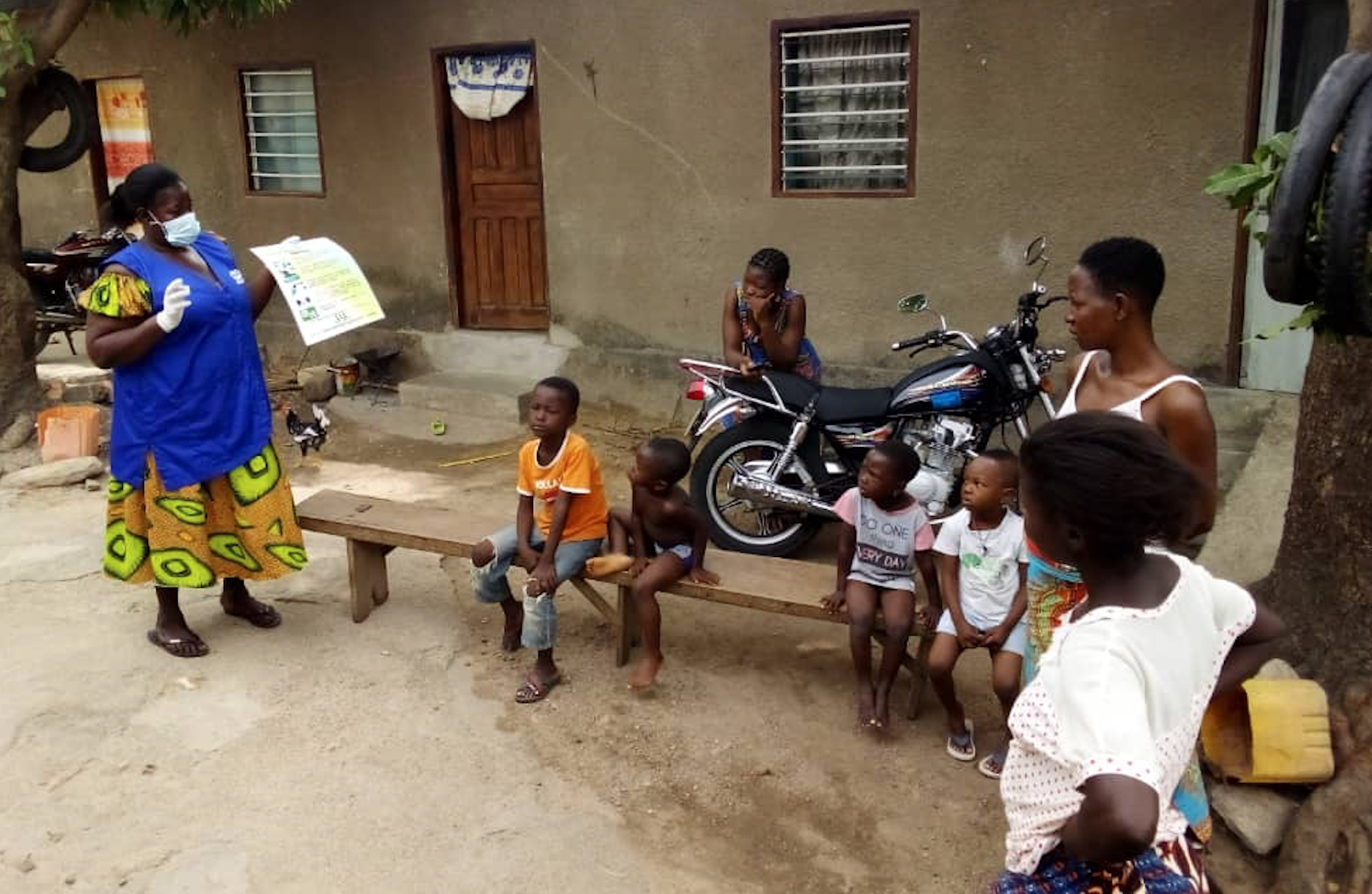As COVID-19 spread in March, the demand for PPE grew by one hundred and prices skyrocketed. This affected all health workers, but the brunt of this impact fell on community health workers (CHWs).
Many CHWS did not and still do not have the PPE to safely carry out life-saving services they perform daily, and their jobs cannot be done at a safe distance. Without PPE, CHWs risk becoming disease vectors, putting themselves, their families, and the people they serve in danger.
To date, only the Covid-19 Action Fund for Africa is mobilizing resources to deliver PPE specifically for African CHWs. Together in partnership with NGOs and Ministries of Health across Africa, we are collaborating to provide essential PPE so CHWs can safely protect themselves and their communities. Our award-winning CAF-Africa team has successfully provided 57 million pieces of PPE to a dozen countries, but there is still more work to be done.
In Zimbabwe, CHWs in only three provinces benefitted from PPE when the Ministry of Health secured donations from the Covid-19 Action Fund for Africa. CHWs across four or five Zimbabwean provinces still remain without PPE and CAF-Africa is working hard to ensure they get those resources.
In Côte d’Ivoire (CIV), each CHW is responsible for delivering health services to 250 households amounting to nearly 2000 people. CHWs enable a continuum of care for individuals in CIV needing rapid tests for malaria or oral rehydration salts to treat diarrhea and amoxicillin for pneumonia. They also play a crucial role in community engagement and education around hygiene, breastfeeding, family planning, and HIV. But CHWs were not a central focus in the national pandemic response. To date, CAF-Africa has committed and delivered 4.6 million PPE so that CHWs in CIV can continue providing a suite of lifesaving treatments.
CAF-Africa worked with the Ministry of Health (MISAU), VillageReach and CHAI to provide 4.4 million PPE to CHWs in Mozambique, but 1.2 million PPE is still needed to deliver safe health care services. CHWs in Mozambique are experiencing pressure to both ensure people receive the healthcare they need and also contribute to the fight against COVID-19.
CHWs typically support health centers by providing care to patients with chronic illnesses such as TB and HIV. During the pandemic, CHWs in Mozambique expanded their roles and have been providing people with COVID-19 health and safety information and also participating in immunization drives. COVID-19 doubled CHWs’ responsibilities without giving them the proper PPE and compensation.
